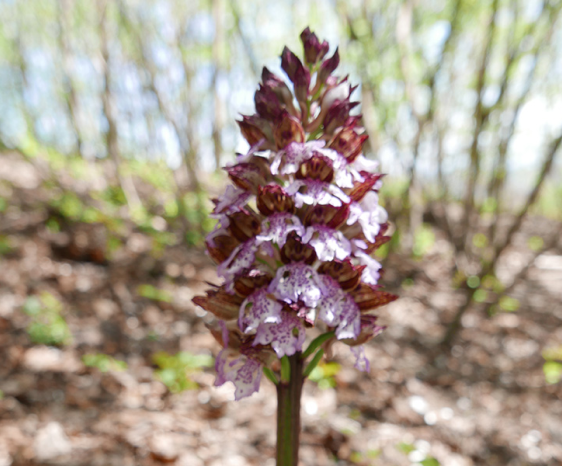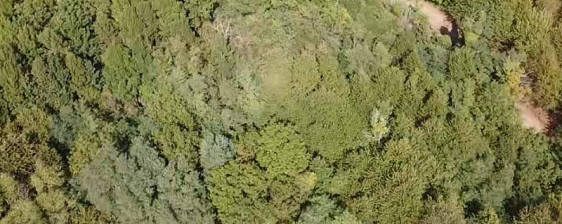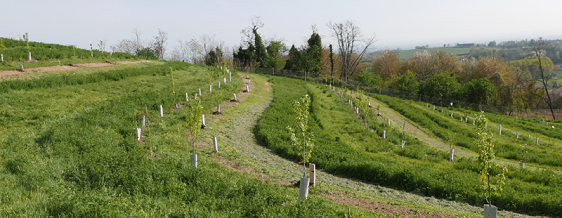Regenerating Villa Fortuna
The Project
Biodiverse Agriculture
The intensive agricultural model, which treats the field as a blank slate upon which to apply fertilizers and pesticides for agro-industry purposes, has progressively reduced soil fertility, increased water and air pollution, and led to the extinction of biodiversity in the areas where it has been practiced.
To remedy this, it is essential that agriculture regain its role in producing healthy, high-quality food while respecting the greatest possible biodiversity.
There are no ready-made formulas. One area of research is the practice we call biodiverse agriculture, a variant of regenerative agriculture that focuses on integrating biodiversity into the agricultural system to the maximum possible extent.
This agricultural practice combines production with the creation of biosystems, which primarily serve to restore soil fertility and vitality, reduce water and air pollution, and restore natural balance in a sector that has become overburdened.
Through experiments, which, while not profitable, are essential to finding effective solutions, Biodiverse Agriculture aims to make a concrete contribution to solving the problem.
In recent months, we have witnessed a proliferation of conferences on regenerative agriculture, promoted by figures of all kinds, often with the aim of making change seem inevitable while everything remains unchanged.
Our project will consider agroforestry and viticulture, exploring the maximum biodiversity these practices can offer. At the same time, we have initiated field trials, particularly on soil fertility and vitality, with the aim of defining scientifically validated action protocols.
- Creation of a biodiverse agricultural activity on 7 of the 22 hectares, with the creation of an agroforest experimentally managed with techniques that ban any use of synthetic chemicals through the synergies that the plants generate between themselves and the soil fertilization obtained primarily through K-line, self-produced compost and the use of earthworms and totally biodegradable substances for essential treatments in the event of pest attacks not naturally managed by the agroforest.
Water Management and Hydrogeological Risk Mitigation
- Optimized management of surface and groundwater, using K-lines to prevent erosion and create soil retention and infiltration;
- Reduction of drinking water consumption from the aqueduct for drinking purposes only. Permanent cover of agricultural soil and planting of 10,000 new trees and shrubs.
Biodiversity Protection
Active conservation measures will be implemented for wildlife and habitat restoration, including:
- Creation of ecological corridors and bird perches;
- Construction of a biodiverse pond within the 12 hectares reserved for wildlife, serving as a water resource for wildlife and a microhabitat for amphibians and pollinating insects;
- Limiting human interference, establishing a hunting ban on the entire property, and prohibiting human access to 12 of the 22 hectares.
Soil Regeneration
This is a set of practices aimed at restoring soil health, fertility, and biodiversity, combating erosion and desertification.
Agroforestry
This land management practice combines agriculture with trees and shrubs on the same plot of land, creating more resilient and sustainable production systems that mimic natural forests. This approach integrates crops, woody plants, and sometimes livestock, leveraging ecological interactions to improve soil fertility, water conservation, biodiversity, and climate change resilience.



Project Data
 |
DURATION Indefinitely since 2019 |

|
OUR INVESTMENT € 1.090.000,00 to 2024, then €300,000/year |

